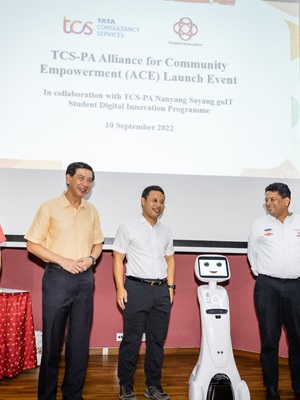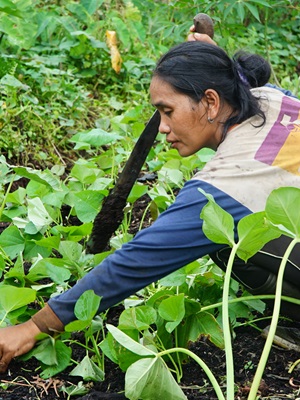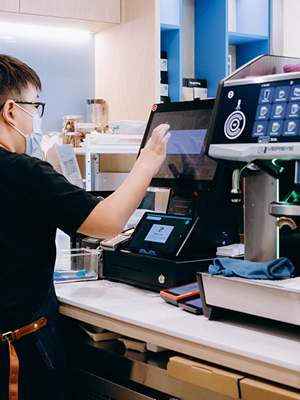Child labour is an issue we are used to seeing in literature, plays, movies, and history books, but not one we might be acquainted with in the real world. We often learn of the somewhat normalised use of child labour during the Industrial Revolution, where children as young as 8 were favoured in the labour force so they could be worked for longer hours and lower wages. While action was taken against child labour during The Great Depression, and society has progressed greatly in the last century, child labour has persisted into the 21st century, jeopardising the future of millions of children.
World Day Against Child Labour was founded on June 12th, 2002, by the International Labour Organisation (ILO), with the goal of safeguarding children from the physical and emotional exploitation that comes with child labour. This year, they mark the 25th anniversary of the global adoption of ILO Convention 182, working in tandem with SDG 8.7 which aims to end all forms of child labour by 2025. While these conventions were effective in reducing the number of children being exploited by 94 million, the ILO has seen a reversal in statistics leading up to the COVID-19 Pandemic. Today, an estimated 160 million children worldwide, or one in 10 children, are still subjected to sometimes horrific labour conditions.
Why has the problem worsened over the years?
The 21st century has seen a rise in political and armed conflicts globally as the years have gone on, with 2023 having the highest number of violent conflicts since World War 2. Along with threats to overall global peace, the declining economy and rising prices mean lower affordability and economic security for many families, leading to increased poverty levels in low, middle and high-income countries. While the majority of child labour occurs in rural areas, 37.3 million children living in urban areas are also subjected to child labour as their families struggle to keep up with the changing world. Additionally, the COVID-19 pandemic exacerbated levels of unemployment, and could have resulted in the death of parents and other caretakers in many families. Hence, more and more families might resort to having their children work to make ends meet.
Child labour doesn’t just mean working in manual labour or sweatshops. It can mean doing more than 21 hours of household chores in a week, being sexually exploited, or recruited by armed organisations. Children who are forced into labour roles are prevented from obtaining an education, and hence prevented from breaking the cycle of poverty that might have forced them to work in the first place. More concerningly, children are left with lasting physical and psychological trauma that will follow them throughout their life, depriving them of a childhood that other children are granted.
So, what can we do to help?
While governments need to put more effort and funds into alleviating poverty and invest on opportunities for children, we can play a part at an individual level. We can start by monitoring our consumption habits. The fast fashion and coffee industry are known to use child labour to harvest raw ingredients, as well as in sweatshop to keep prices low. Unfortunately, most cheap products that we purchase come at the cost of a child’s freedom. By switching to slow fashion or sustainably made and sourced products when we can, we can prevent contributing to the exploitation of children around the world. By donating to local organisations or larger foundations like UNICEF or Save The Children, or helping a family or neighbour in need who might be financially struggling, you can ensure that they receive the resources they need to improve their quality of life, and prevent families from resorting to child labour to make ends meet. Most importantly, if you see or know of a child you believe might be sexually abused or taken advantage of, take action by asking questions of alerting authorities to prevent them from remaining in that situation.
Every child has a right to their childhood, dreams, and a future. We need to ensure that their well-being is safeguarded not just on June 12th, but every day.
Posted 12/06/2024
















